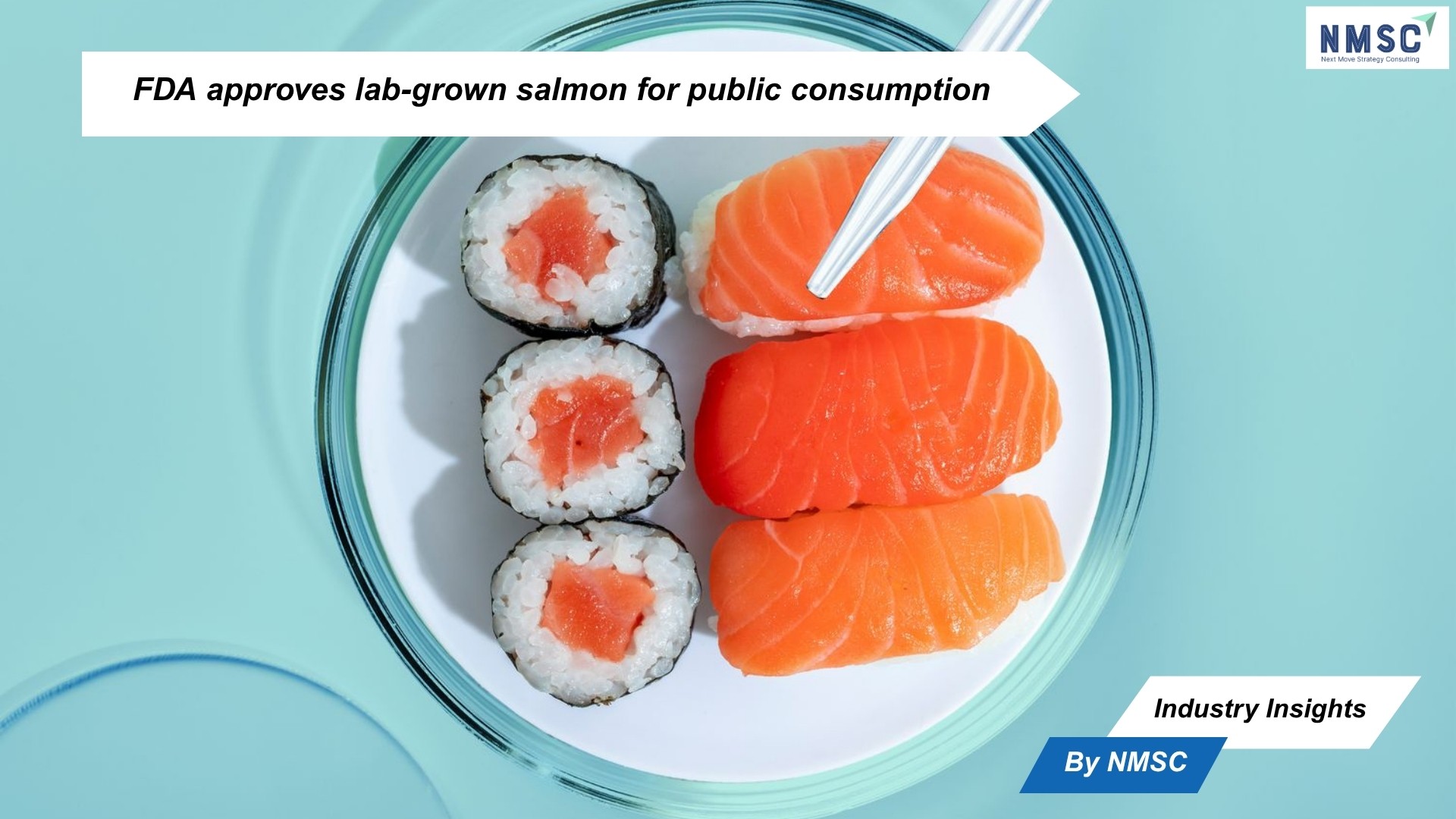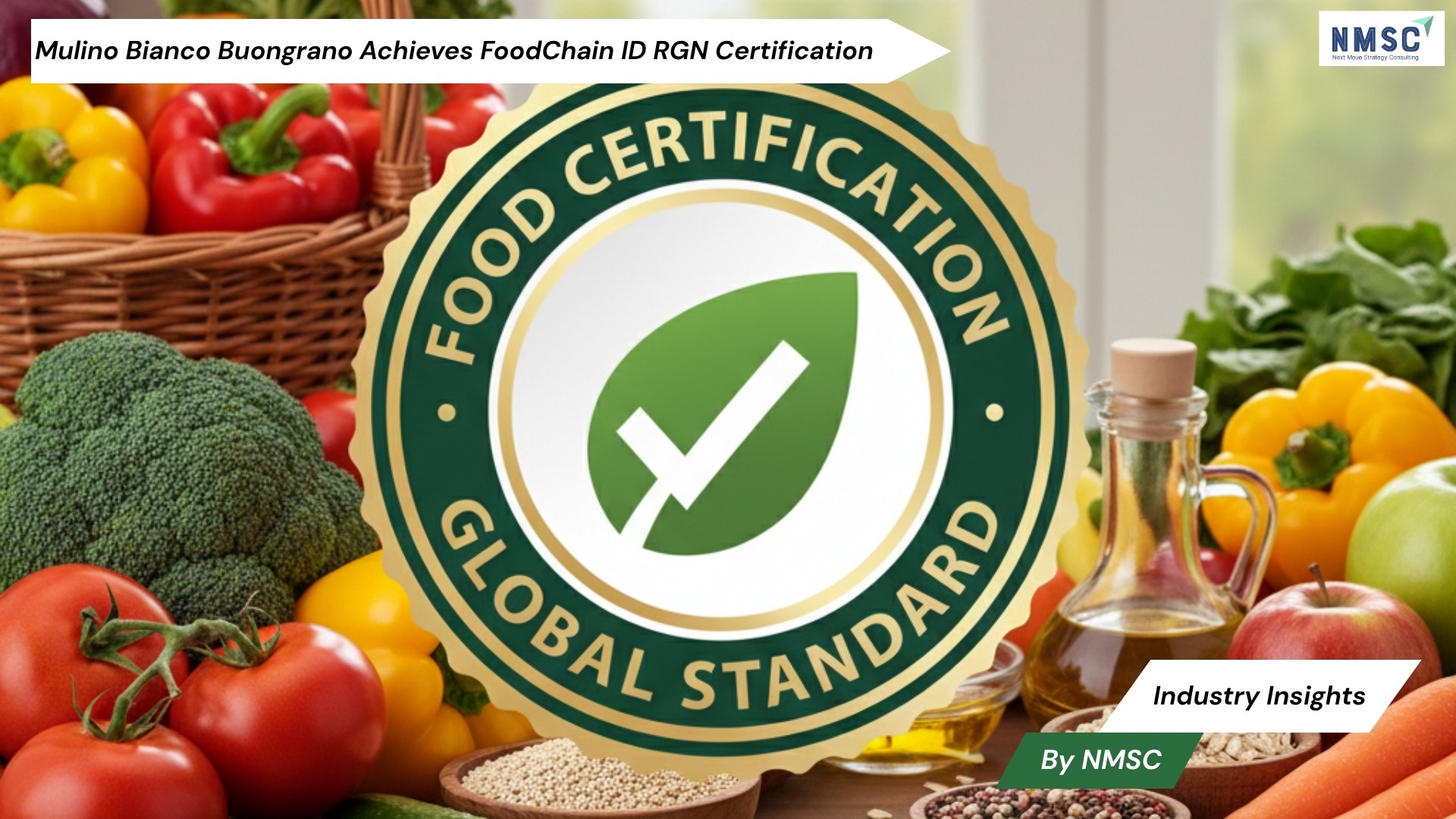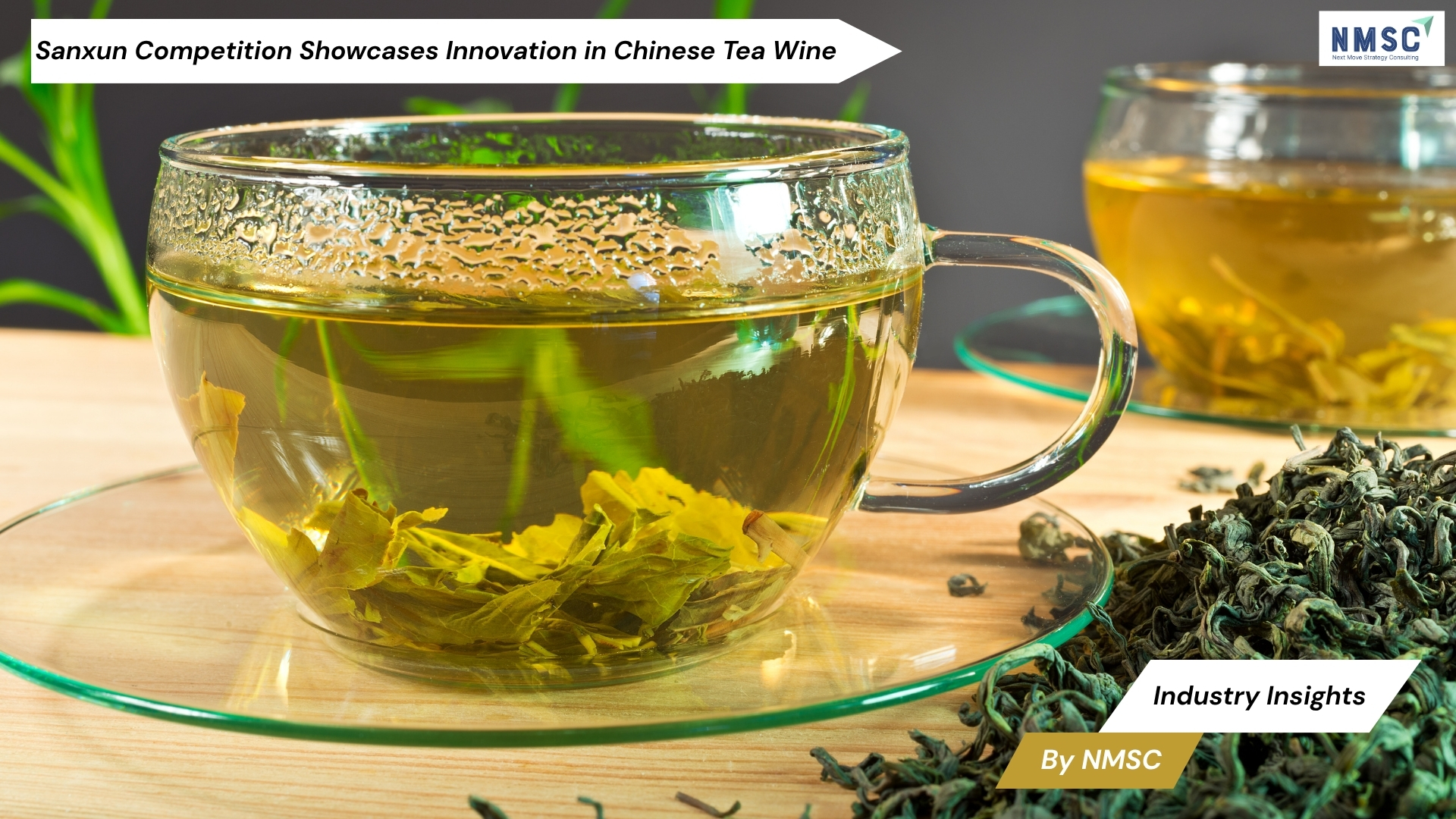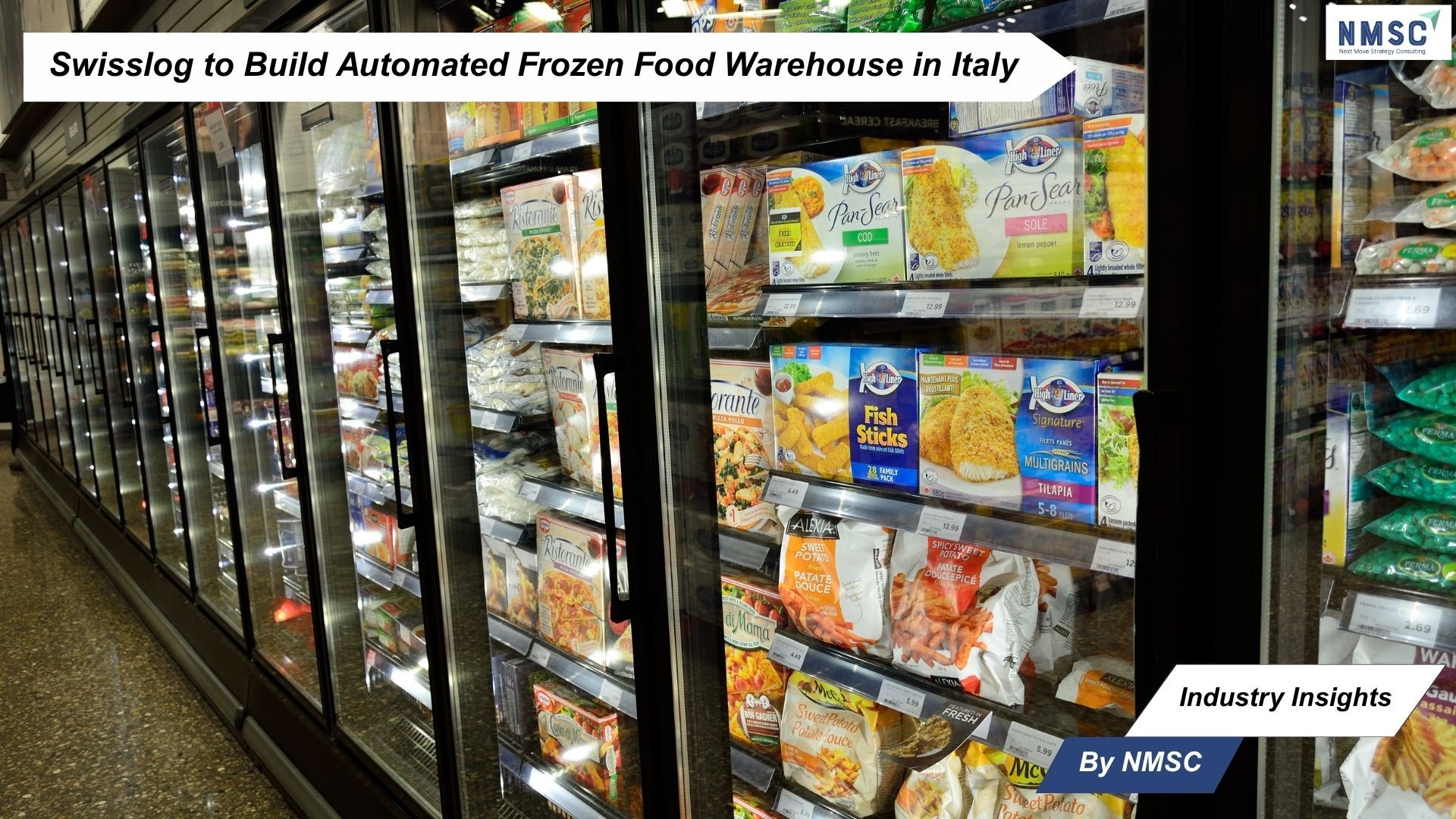FDA Approval of Lab-Grown Salmon Signals New Era in Sustainable Seafood
Published: 2025-07-07

Industry Insights from Next Move Strategy Consulting
In a significant stride toward advancing food technology, the U.S. Food and Drug Administration (FDA) has approved the consumption of lab-grown salmon. The distinction goes to Wildtype, a San Francisco-based startup, whose cultivated salmon has made its debut on the menu of a renowned Portland restaurant. This milestone marks the expansion of lab-grown meat beyond poultry and into the seafood sector.
A Groundbreaking Step for Alternative Seafood
Following its previous authorization of lab-grown chicken, the FDA’s clearance of lab-grown salmon represents a pivotal moment in the evolution of food innovation. Developed through cellular agriculture, this lab-grown salmon is produced by cultivating fish cells in controlled environments, eliminating the need for conventional fishing and aquaculture methods.
Regulatory Milestone and Market Implications
This decision comes after a comprehensive review process, in which the FDA evaluated the safety and production protocols surrounding lab-grown salmon. The green light for this product underscores the agency’s commitment to fostering food innovation while ensuring public health standards.
With this regulatory milestone, lab-grown salmon enters the U.S. market, setting the stage for other seafood alternatives to follow.
Wildtype states that its debut product, “saku,” is designed to be enjoyed sashimi-style and is intended to be served raw, similar to traditional sushi. “We created it for top chefs who appreciate the unique taste and freshness of raw seafood,” the company highlights on its website.
While this is a notable achievement for seafood enthusiasts, it also signifies a major breakthrough for the entire cell-cultivated food industry, marking the FDA’s first-ever approval of a cell-cultivated fish product.
Key Highlights of Lab-Grown Salmon:
-
The FDA concluded that Wildtype’s lab-grown salmon is as safe as comparable foods produced by conventional methods.
-
Wildtype’s continuing responsibility to ensure that foods it markets are safe, wholesome, and in compliance with all applicable legal and regulatory requirements.
-
If Wildtype introduces new production methods, cell lines, or substances during the manufacturing process that may impact the safety of the food, the FDA strongly recommends that the company notify the agency.
-
Our assessment of the nutrients used in producing the cultured cellular material under the method described in CCC 000005 focused solely on determining whether the nutrient levels in the harvested material are safe, without evaluating their effect on the overall nutritional quality of the food supply.
-
Companies selling food products made with cultured salmon cell material are strongly encouraged to consult the ONFL at the FDA’s Nutrition Center of Excellence to discuss any necessary or voluntary labeling requirements.
Industry Reactions
The Lab-Grown Food Market is optimizing as state-level regulatory actions targeting cultivated meat gain momentum, more producers are voicing their concerns. Wildtype has been particularly vocal, with its co-founders actively opposing restrictive legislation, including testifying against Florida’s cultivated meat bill in 2024.
In response to the bill's passage, Wildtype emphasized its belief in technology-driven solutions, stating, “We believe that through innovation and technology, we can tackle the greatest challenge of our era—ensuring global health and well-being without compromising the planet. Relying solely on behavioral changes, such as reducing energy use or altering diets, takes more time than we can afford.”
Conclusion
The introduction of lab-grown salmon is more than a technological achievement; it reflects a broader transformation in how societies approach food production. As demand for seafood continues to rise globally, lab-grown alternatives could play a crucial role in balancing ecological preservation with nutritional needs.
Source: https://timesofindia.indiatimes
Prepared by: Next Move Strategy Consulting
















Add Comment